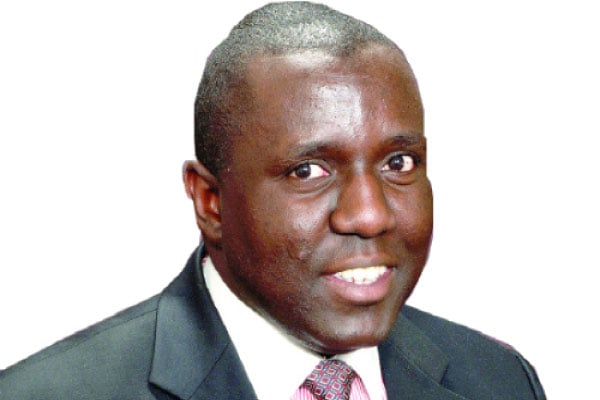Prime
Uganda in the world: 2022 will be close to the beaten path

Author: Mr Karoli Ssemogerere is an Attorney-at-Law and an Advocate.
What you need to know:
- 2022 will remain a mixed bag for everyone...
Parliament recessed 2021 with the estimates for the 2022/2023 financial year. Government estimates the resource envelope at Shs43 trillion down from Shs 44 trillion. Domestic revenues are about Shs25 trillion, donor and grant-in-aid about Shs10 trillion and the rest covered by domestic borrowing. Ahead of 2022, government made some crystal promises to improve wages for “science-trained teachers”, doctors and medical workers and some tax expenditure towards imported vehicles. For most of the rest of the civil service, wages will remain flat.
Government is considering reopening the economy in January. Smarter parents hopefully are still keeping their school fees (hiked beyond reason) by most providers to cover revenue shortfalls in 2020 and 2021 from being absorbed before full reopening of the economy. Inflation has remained at a tepid 5 percent and even though petroleum prices pressed forward to the Shs5000 mark, there was some clawback as a late October surge cooled off in December.
Economic analysts are predicting up to $8 billion in petroleum downstream investments including the pipeline and possibly a refinery. Government however is yet to pronounce itself on a comprehensive internal economic plan to take advantage of the heavily sulphuric blend similar to Dar Blend and other heavier crudes consumed mostly by industrial countries like China. Conveyance of the crude will almost require pre-heating of the pipeline leaving the national operator and the treasury navigating tight margins. This alone should not deter investments, as coffee replanting over the last five years kept a few coffee farmers happy despite falling yields caused by rainfall failure in 2021 with higher margins as coffee prices nearly doubled in a late surge at the close of the year.
The oil investment still faces some headwinds. Governance questions, retaliatory measures by the oil giants led by offshore drillers like Nigeria, Saudi Arabia, Russia which can dump more crude to depress prices at minor effect on their economies. Monitoring the oil fund is also another challenge as government’s most immediate plan is neither to create a sovereign fund, with an annual dividend for the nationals or a long term fiscal cushion directed at specific sectors of the economy. The absence of these measures can only exacerbate income inequality, push a high cost of living as in Angola, Equatorial Guinea as the benefits from oil are enjoyed by the few and well-connected.
Covid unleashed a new surprise at the end of the year. Omicron the latest variant is already going to be blamed for a global economic slowdown in the first quarter of 2022. Sensitive sectors like tourism, aviation, transport, logistics already felt the brunt of depressed activity, cancellations of air-links announced in a haphazard fashion at the end of the year. This time round, persons afflicted with Covid were more open about it and described their physical malaise as substantial. For many of the Covid patients, this was a second or third time illness. This news flies in the wave of initial conventional wisdom that vaccination was a panacea to the pandemic.
In Uganda, tight supplies of the first widely available vaccine Astra Zeneca have produced a distorted data map. Just 2.2 million fully vaccinated against over nine million with at least one dose. This makes stories of full reopening a farce and an actually high health risk as current conventional wisdom is that the full effects of the vaccines wear off after six months. It will be almost suicidal to start entertaining booster shots (already being given to the connected) before the “vaccine gap” the difference between the fully and partially vaccinated is closed. This is bad news for both the Ministries of Education and Health which have been working on a plan to open schools in just 10 days.
It is also bad news for other departments like Kampala and Metropolitan Affairs which have been considering vaccine passports to access public offices. It is also bad news for service delivery agencies which have been operating at 40 per cent manning since June 2021 after rapid infections and Covid fatalities left many offices abandoned or lightly attended yet government continues to bear the brunt of payroll.
Uganda ended 2021 in the throes of an UPDF-ADF putsch in the DRC. Big plans to open up Eastern Congo through new roads and at the same time manage sporadic terrorist attacks inside its borders. 2022 will remain a mixed bag for everyone, excitement at new opportunities and risk aversion to the promises of the digital and petro-dollar economy.
Mr Ssemogerere is an Attorney-At-Law and an Advocate. [email protected]


